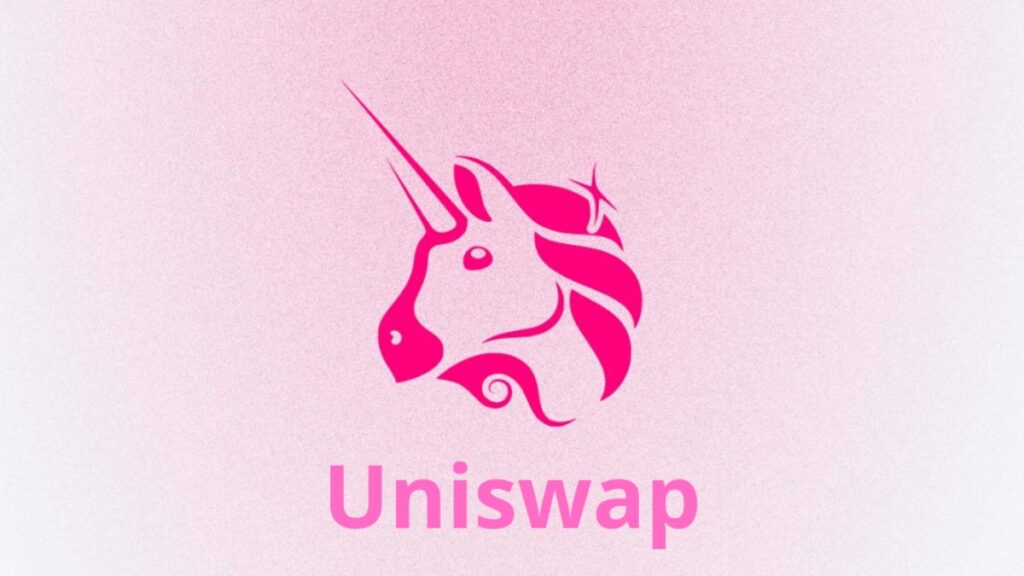Following a legal notice from US regulators, Uniswap’s token, UNI, fell 17% and reached its lowest point since late February at $9.27.

The exchange received an official investigation Wells notice from the SEC simultaneously with the most recent decline. According to CoinMarketCap data, the market capitalization of UNI coin had a 17% decline in the hours following the news release, and right now, it is trading at $5.56 million.
Hayden Adams, the creator of Uniswap Labs, stated his dissatisfaction and willingness to challenge the SEC’s action, anticipating a protracted legal dispute that might go to the Supreme Court.
Uniswap maintains—without going into specifics of the Wells notice—that UNI is not a security and, as such, is not subject to the regulatory purview of a securities exchange or broker. This position was expressed in a recent blog post.
In discussing the steps needed for the SEC to launch a case formally, Bill Hughes, Senior Counsel and Director of Regulatory Matters at Consensys, pointed out that the agency’s five commissioners must consent.
“We all know that the Chair wants to sue them, and two commissioners are NOT going to disagree, and two will disagree,” Hughes wrote. “So a suit is a foregone conclusion, but there isn’t a suit yet”
He also urged everyone to maintain their composure, highlighting the unlikely possibility that the SEC would specifically target UNI holders or users. John Reed Stark, the former head of SEC internet enforcement, called Uniswap’s public response to the Wells notice “counterproductive,” pointing out that strong defense tactics against the SEC usually fail.
“Any SEC lawyer will agree that responding to a Wells by berating the SEC, calling them names, etc. is a weak, risky and losing strategy.”
The persistent tensions between the SEC and the Bitcoin industry are reflected in the larger context of this judicial case. The SEC Chairman Gary Gensler and his supporters, including Senator Elizabeth Warren, claim that the industry is seeking exemptions from existing securities laws despite accusations from the sector that the agency has overreached and lacks clear regulatory guidelines.
Other well-known cases involving Coinbase and Ripple, which center on the SEC’s authority over digital assets, have shaped this background. Results have been inconsistent, with recent decisions in the SEC’s favor; nevertheless, given the quirks of Defi and its prior success in a class-action case, Uniswap’s defense is still in doubt.
The dispute arises when Defi has experienced rapid expansion, with Uniswap enabling over $2 trillion in transactions and drawing interest from conventional financial sectors.
Disparities in the regulatory treatment of decentralized services were brought to light by a recent court ruling in the SEC’s action against Coinbase; this could strengthen Uniswap’s position despite worries about its control over specific platform features.
